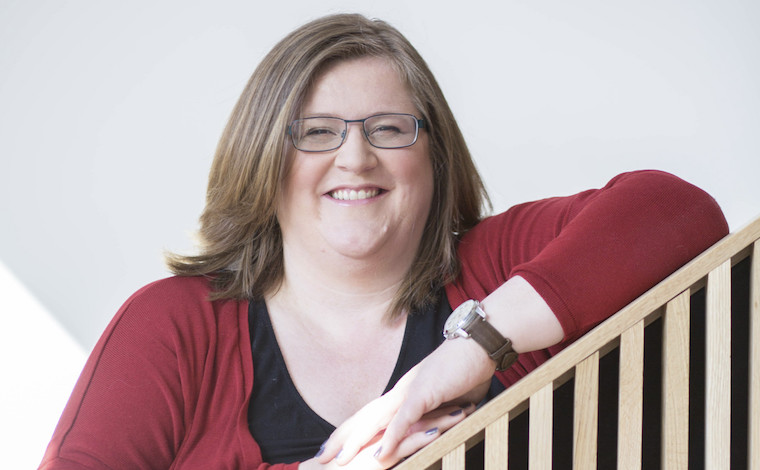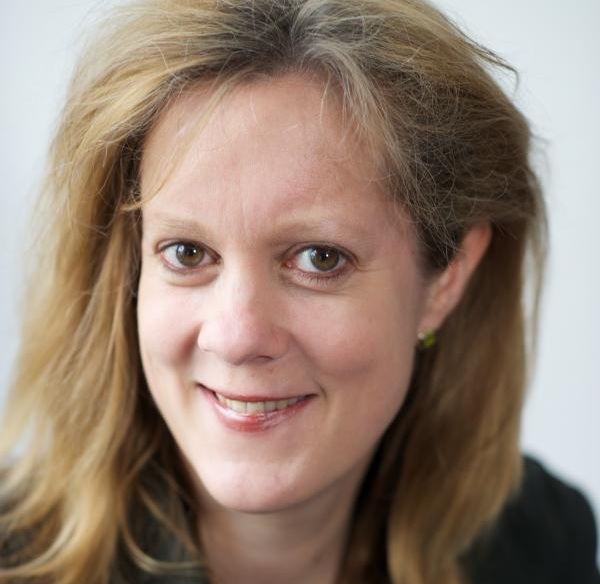Experts in child welfare met at the University of Stirling yesterday to explore topics relating to children’s wellbeing, safety and relationships.
The one-day conference was organised by the University’s Centre for Child Wellbeing and Protection to provide a snapshot of the work being carried out by staff affiliated to the centre.
Centre director Professor Jane Callaghan said: “We are committed to doing research that has a real impact, and that makes a positive difference in the lives of children and those who support them. It is therefore important for the Centre to connect to the community in which we are located, and who we collaborate with and serve.

Centre director Professor Jane Callaghan
“The conference offered a valuable opportunity to share our learnings and continue a dialogue with colleagues in the charity and public service sector, as well as with policy makers, about the work we do - and what still needs to be done.”
Professor Samantha Punch opened the conference with a keynote speech questioning why age and generation are not recognised as social variables in the same way as gender, ethnicity and class.

Professor Samantha Punch opened the conference with a keynote speech
The conference, which was held in the University’s Iris Murdoch Building, also included a series of presentations and workshops looking at a range of issues relating to children’s welfare including: mental health, resilience and child protection; children and young people’s rights; and play, learning and education.
Professor Callaghan closed the conference with a speech about the impact of trauma on young people’s wellbeing, with a particular focus on the popularisation of the ‘ACES’ (Adverse Childhood Experiences) model in children’s services.
The centre aims to build an understanding of children and young people’s lives in order to better support their wellbeing and protect them from harm.
As well as working with children, young people and their families, it also works with communities and organisations to build knowledge that can be used in third sector, health and social care settings, criminal justice and family courts, and education.
